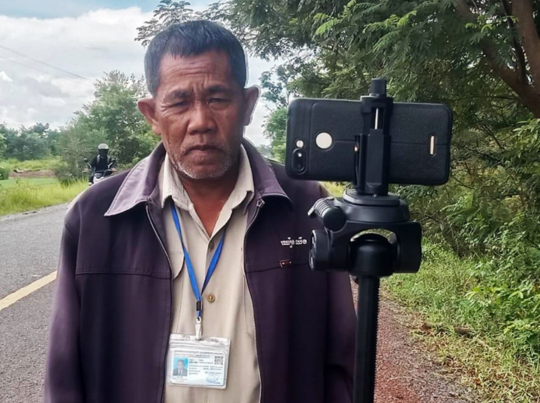More than a decade after his disappearance in Syria, American journalist Austin Tice has become the focus of a renewed search effort by the U.S. government, now intensified in the wake of Bashar al-Assad’s fall in December 2024. Tice, a former Marine and freelance reporter for outlets including The Washington Post and McClatchy, was abducted in August 2012 while reporting in Damascus. His fate has remained unknown for over 12 years.
With Assad’s regime dismantled and rebel factions such as Hayat Tahrir al-Sham (HTS) now in control of large parts of the country, the Biden administration has ramped up diplomatic and intelligence operations aimed at locating and securing Tice’s release. National Security Adviser Jake Sullivan stated that Tice’s case remains “a top priority,” adding that the U.S. is engaging through Turkish intermediaries and regional contacts to uncover leads. Roger Carstens, the U.S. special envoy for hostage affairs, has been active in coordinating with Lebanese officials and Syrian rebel groups to track down information on Tice’s whereabouts.
The White House confirmed that recent operations have involved probing Syria’s vast network of secret prisons—once run by Assad’s intelligence services and notorious for holding thousands of political detainees. Officials believe Tice may have been transferred between multiple facilities over the years. While no hard intelligence confirms his current location, the U.S. has not received any credible reports of his death. President Biden reaffirmed that the administration believes Tice is still alive and recoverable.
One of the most promising signs emerged from a recent sighting reported by a Lebanese source, though its reliability remains unverified. U.S. officials also disclosed that Tice had attempted an escape from detention in 2013 but was recaptured. His mother, Debra Tice, continues to advocate publicly for his return, drawing hope from recent prisoner releases amid Syria’s shifting power dynamics.
The ongoing effort to recover Austin Tice reflects both the urgency and complexity of hostage diplomacy in post-conflict zones. As Syria transitions into an uncertain new phase, the U.S. hopes that the collapse of Assad’s control will finally open a path to bring Tice home.






